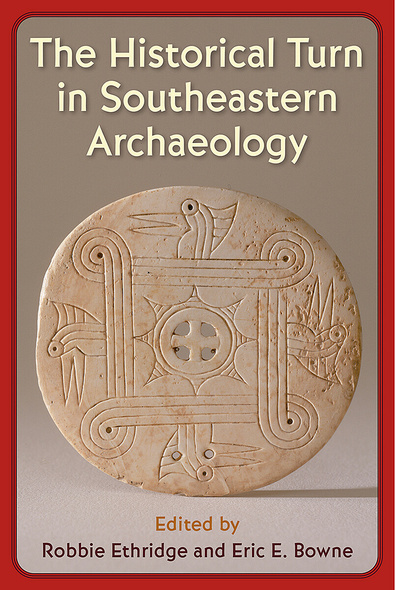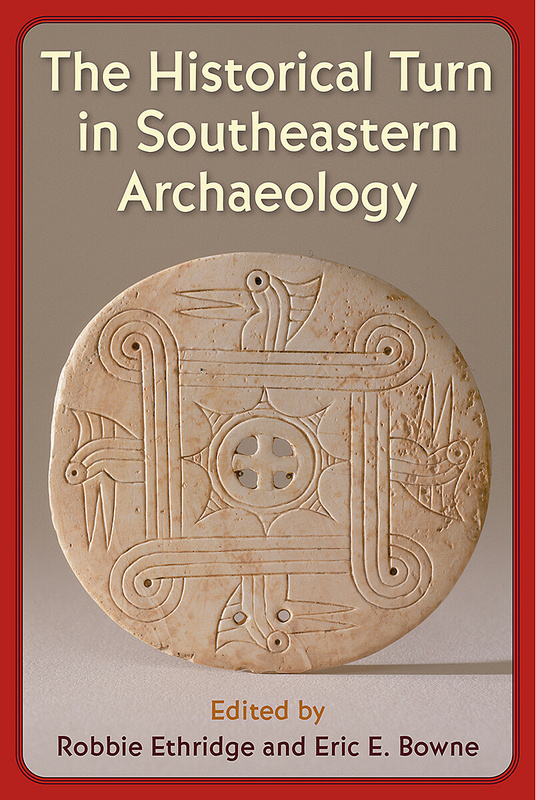Our shopping cart is currently down. To place an order, please contact our distributor, UTP Distribution, directly at utpbooks@utpress.utoronto.ca.

The Historical Turn in Southeastern Archaeology
This volume uses case studies to capture the recent emphasis on history in archaeological reconstructions of America’s deep past. Previously, archaeologists studying “prehistoric” America focused on long-term evolutionary change, imagining ancient societies like living organisms slowly adapting to environmental challenges. Contributors to this volume demonstrate how today’s researchers are incorporating a new awareness that the precolonial era was also shaped by people responding to historical trends and forces.
Essays in this volume delve into sites across what is now the United States Southeast—the St. Johns River Valley, the Gulf Coast, Greater Cahokia, Fort Ancient, the southern Appalachians, and the Savannah River Valley. Prominent scholars of the region highlight the complex interplay of events, human decision-making, movements, and structural elements that combined to shape native societies. The research in this volume represents a profound shift in thinking about precolonial and colonial history and begins to erase the false divide between ancient and contemporary America.
Contributors: Susan M. Alt | Robin Beck | Eric E. Bowne | Robert A. Cook | Robbie Ethridge | Jon Bernard Marcoux | Timothy R. Pauketat | Thomas J. Pluckhahn | Asa R. Randall | Christopher B. Rodning | Kenneth E. Sassaman | Lynne P. Sullivan | Victor D. Thompson | Neill J. Wallis | John E. Worth
A volume in the Florida Museum of Natural History: Ripley P. Bullen Series
Robbie Ethridge, professor of anthropology at the University of Mississippi, is the author of From Chicaza to Chickasaw: The European Invasion and the Transformation of the Mississippian World, 1540–1715. Eric E. Bowne, assistant professor of anthropology at the University of Central Arkansas, is the author of Mound Sites of the Ancient South: A Guide to the Mississippian Chiefdoms.




